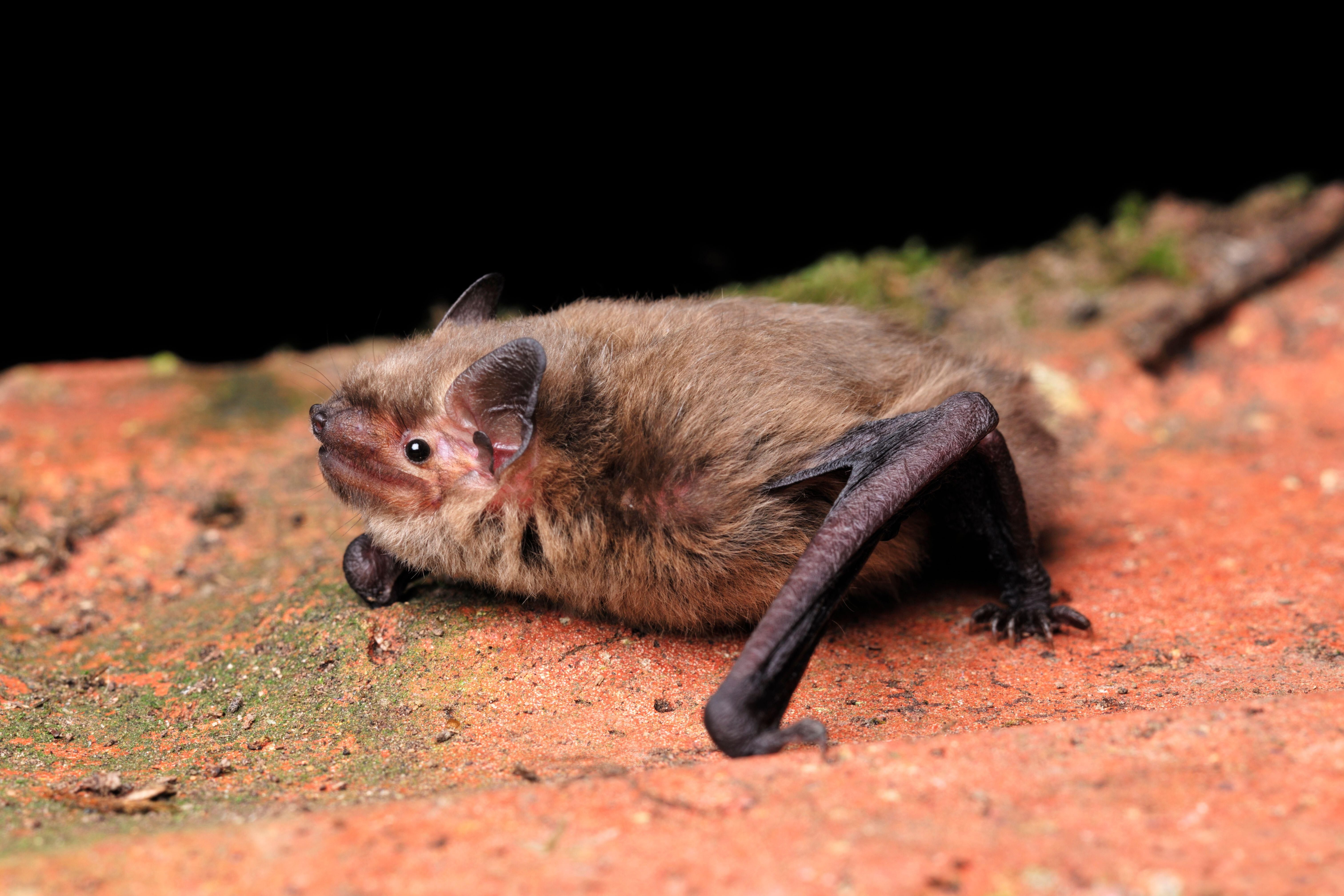The unusual nominees of the sixth season of the award "My affectionate and necessary animal" are bats. This is the first time our award has such representatives of fauna. Bats live in the Juanina Library building in the Portuguese city of Coimbra on the territory of the local university. The library was built during the reign of King Juan V, and is considered a national monument of the Baroque era. There are 60 thousand books stored here, most of which are more than a hundred years old, writes Atlas Obscura.
The deputy director of the library, Antonio Eugenio Maya do Amaral, named the bats honorary librarians, thereby recognizing and officially legitimizing their contribution to the common cause of preserving the rarest books. Despite the fact that the library staff carefully protects old books from dust, mold, and fungus, books still have one more enemy. These are insect pests, they just eat old paper and glue in valuable folios. And for bats, insects are food.
In a sense, bats perform the function of orderlies, because during the day they hide under the ceiling, and at night they fly through the halls and hunt midges and bugs. Thus, bats are not just a tribute to traditions, because they have been living here since the 18th century, but also valuable helpers.
The history of the appearance of bats in the library is shrouded in mystery, someone believes that they were brought here on purpose. But the deputy director of the library, Antonio Eugenio Maya do Amaral, believes that the mice got there themselves. After all, says Maya do Amaral, "What could be quieter than a library at night?"
An interesting fact is that two species of bats live in the library of Zhuanin: the broad-eared folded-tooth and the small bat. And when the Portuguese librarians changed the massive wooden doors for new ones, the carpenters were asked specifically to make the same gaps in them as in the old ones so that the mice could freely fly out of the building at night to drink.
Photo "Atlas Obscura"



